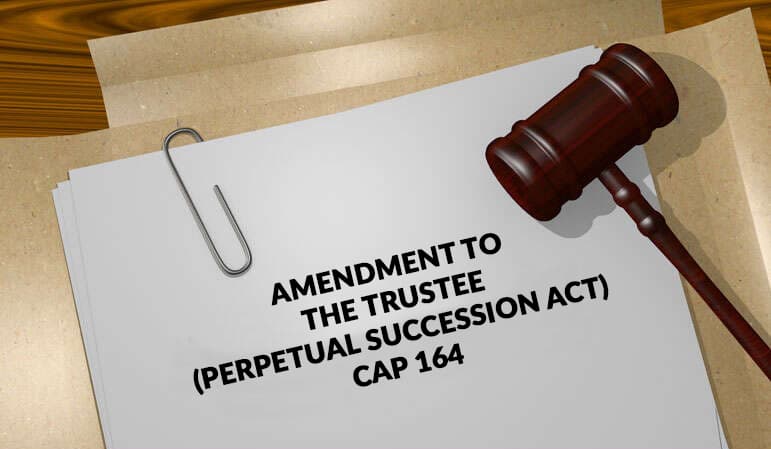What are forfeited shares?
These are shares that are lost by a member (or shareholder) of a publicly listed company for failure to pay any outstanding sums regarding them.
How are shares forfeited?
The Companies Act, 2015 allows companies to forfeit shares, in accordance with their Articles of Association, for failure by any shareholder to pay any outstanding sums regarding those shares.
Forfeiture of shares is largely governed by a company’s articles of association.
Shares are normally forfeited when the member fails to honor a notice issued by the directors of the company to pay any amount owed with respect to those shares. This would occur when a member has taken up shares in the company but has not paid for them or has only paid for them partly.
The company directors will issue a call notice to the member requiring payment in full or in installments for the unpaid shares.
If payment is not made within the set time-frame, the defaulting member is liable to pay interests (if any) on the unpaid shares. Furthermore, the directors of the company may issue a notice of intended forfeiture to the defaulting shareholder.
The notice of intended forfeiture can include a limited period upon which the sums owed plus interest can be paid. This limited period allows the defaulting member to still make payment failure to which his shares will be liable to forfeiture through a resolution by the company’s directors.
What happens when your shares are forfeited?
Once your shares are forfeited, you lose company membership and ownership of those shares as well as any rights or liabilities regarding those shares. You are also required to surrender your share certificates for cancellation.
However, despite having forfeited your shares, you are still liable to the company for any sums payable under the company’s articles of association plus interest.
If the company sells your forfeited shares to another person, you are entitled to receive from the company the sale proceeds minus any commission excluding any amount payable prior to the forfeiture of the shares.
How can Netsheria International help?
We, at Netsheria, have excellent and experienced corporate and commercial lawyers who will advice and guide your Company through the procedure of share forfeiture. Contact any of our team today.






